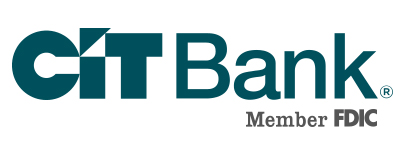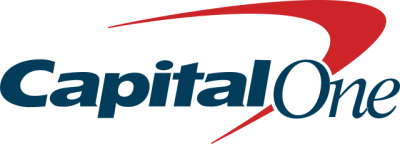Investing your money in the right type of account is important. Banks offer a variety of different accounts. These accounts vary in fees, interest rates, and opening balance requirements. Some accounts also limit the number of times you can access your money. To find the best account for your needs, know the difference between accounts offered.
Types of Accounts
Checking Account
A checking account allows for multiple daily access to your money. Some checking accounts earn interest, but not all. Checks and debit cards are available to use the money in checking accounts.
Savings Account
A savings account is the most basic savings option offered by a financial institution. Most banks offer at least one savings account. Federal regulations only allow six withdrawals each month from a savings account. You cannot write checks from a savings account.
Money Market Account (MMA)
A money market account is similar to a savings account. You can write checks just like a checking account but are limited to six withdrawals per month.
Certificate of Deposit (CD)
A certificate of deposit is a long-term savings strategy. CDs are created to earn higher interest rates based on their term length. Terms range from one week to many years. Breaking a term by withdrawing the investment early—before term maturity—will result in a fee that is different per bank. Jumbo CDs earn higher interest, though require a large investment.
High Yield Accounts
High yield saving, checking, MMA, and CD accounts offer considerably higher interest rates. Local brick-and-mortar banks often do not offer competitive rates. These institutions offer other benefits to draw new members. Online banks, however, offer high yield interest to attract members. The banks that BankTruth represents are high yield interest accounts. Some of these will require a larger account balance to earn the interest, though just as many do not require anything special.
Rates and Fees
Different banks offer different interest rates on all account types. The higher the interest rates, the more money you earn. For example, high yield savings accounts generally earn more than 1.00%. Typical savings accounts only earn 0.01%. If you have $1,000 invested in both accounts, the account with 0.01% interest will earn $0.10 in one year. The high yield account offering 1.00% will earn $10 in one year.
Fees for these accounts depend on the bank and the account type. The monthly fees for accounts should offer ways to waive the monthly fees. Keeping a certain amount in the account or signing up for direct deposit are two common ways to waive fees. Be sure you know the account fees, and the ways to waive the fees before you open an account. Some accounts do not have any fees.
Online Banking
Most banks offer some online and mobile banking, allowing you to see account balances and make transfers or deposits. You can pay bills, turn your debit card on and off, and set up account alerts. Some online banking allows you to make a budget to better track your spending habits.
Where most banks offer some form of online banking, some banks are online only. These banks have no local branches. Online only banks generally have high-interest rates and few to no fees. Since they are not paying for buildings, they pass the savings onto the customer. Everything for your account is online, including opening the account and making transfers. Online only banks generally require you to set up the account with an external bank. This enables you to make transfers to and from the online-only account.
Opening an Online Account
When opening an online account, choose between opening the account in your name or a joint account. Typically you open a joint account with another family member or your spouse. If a person is not 18 years or older, a parent or guardian will have to cosign to open the account with them. You can open these accounts as joint accounts or custodial accounts. A custodial account means the parent controls the account until the child is 18.
To open an account online, you will need the following information:
- Address
- Date of birth
- Social Security Number
- Driver license number or other government-issued ID
- External bank routing number or debit card information
- Email address
Some banks might ask about your other bank accounts, employment, and income. If you are opening a joint account, you will need the above information for both names listed on the account.
Banks allow you to open more than one of a specific type of account. A beneficial feature if you are saving for some specific, such as a vacation or large purchase. Most banks have specific accounts for college, retirement funds, children, and teens.
FDIC Insured
When opening an account, be sure the bank is FDIC insured. FDIC stands for the Federal Deposit Insurance Corporation. It is a government corporation of the United States of America. Investing your money in a bank that is FDIC insured means your money is protected up to $250,000 per bank. If the bank were to fail, you will not lose your investment. The NCUA protects credit unions the same way the FDIC protects banks.
What Account Is Best?
To find the best account depends on the access you need to your money. If you have money you can set aside for a long time, a CD will earn the best interest rates. If you need more access to your money, consider one of the other accounts. The more you can invest and leave alone, the more interest you will earn.
Online only accounts generally have higher interest rates than typical banks. Look into all the different bank options to find the bank and account that best fits your needs. Be sure to know the interest rate on the account as well as the fees.






